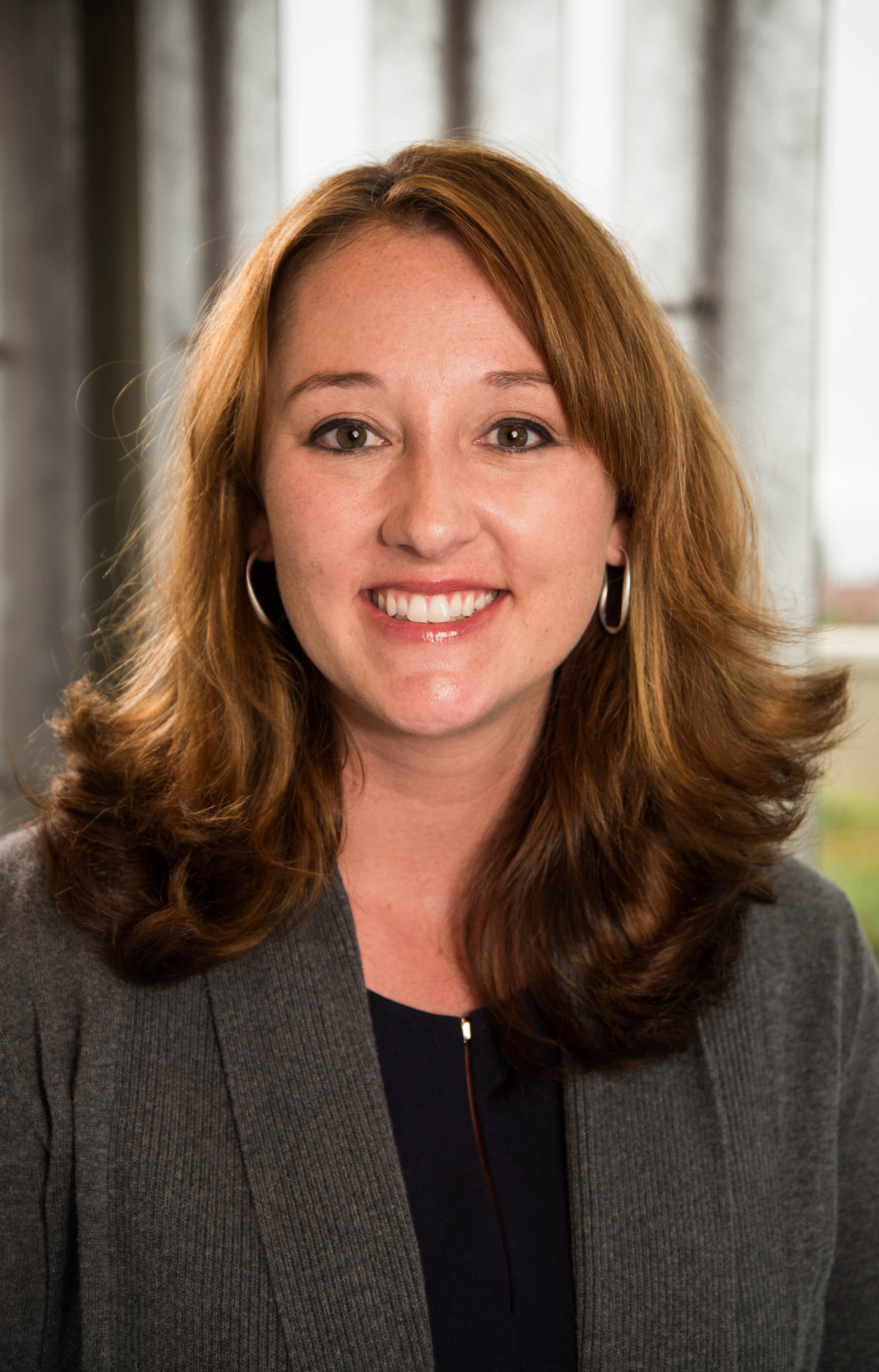Child welfare and foster youth expert joins Social Work faculty

Megan Piel
A child welfare expert has joined the faculty of the Wayne State School of Social Work and the staff of the university's nationally renowned foster student retention program, Transition to Independence (TIP).
Megan Hayes Piel joined the school last month as an assistant professor of social work and TIP's associate director. She received her Ph.D. from Arizona State University and was a Doris Duke Fellow for the Promotion of Child Well-Being. Her research focuses on the intersection of child welfare and behavioral health, with attention to foster youth and transitions to adulthood.
Piel's experience in social work settings includes providing interventions and program supervision for youth and emerging adults in behavioral health and foster care group homes, and schools. The scope of her work is inherently interdisciplinary as it focuses on intervention with vulnerable populations involved in multiple service systems.
"My passion for research in this area developed as a result of my roles in both direct care and administration, which illuminated the need for more collaborative systems and policies that incorporate the voice of young adults in transition," Piel said.
Currently, Piel is working on research that examines experiences of foster youth with mental health services as they turn 18 and age out of the foster care system. She notes that "identifying the most intense and frequently encountered challenges and supports provides specific strategies for intervention and important implications for policies impacting dual-system involved youth." Piel was recently invited to present this research with the Center for Fostering Success Michigan in September.
Piel is also collaborating with researchers at the University of Illinois, Chicago, and Arizona State University to examine foster family resilience. Specifically, she is looking at how understanding social support from an ecological perspective may prove useful in understanding foster family resilience.
"Foster parents' ability to provide for our most vulnerable children depends on their interactions with multiple systems and levels of support," Piel said. "Recognizing that social support is a continuous, bidirectional network that develops and changes over time, allows practitioners to more accurately assess and provide support to foster families, which ultimately impacts the children they serve."
In her role at the TIP program, Piel has focused on community collaborations and projects related to foster youth advocacy and supporting foster youth in higher education. The KidSpeak event, hosted at Wayne State in August, provided an opportunity for foster alumni to provide their perspective to local, state, and federal policymakers. Piel is analyzing the testimony to better understand the challenges foster youth encountered, as well as responses and follow-through by lawmakers to address these concerns. In the Wayne County Community College collaborative, Piel is working with assistant social work faculty Angelique Day and Suzanne Brown to develop and evaluate the impact of a campus coach program, to support Detroit Scholarship Recipient students with a history of foster care, juvenile justice system involvement, homelessness, parenting, and others who are at risk of dropping out of college. The project is a collaboration with the Detroit Regional Chamber of Commerce.
"I was attracted to Wayne State because of its strong research agenda as well as its location in an urban center, which lends itself to different opportunities for research and the study of ways in which service delivery strategies are impacted differently," said Piel, who teaches Introduction to Child Welfare in the M.S.W. program. "I am really excited to join a faculty where teaching is a priority and there are such great opportunities for research collaboration."